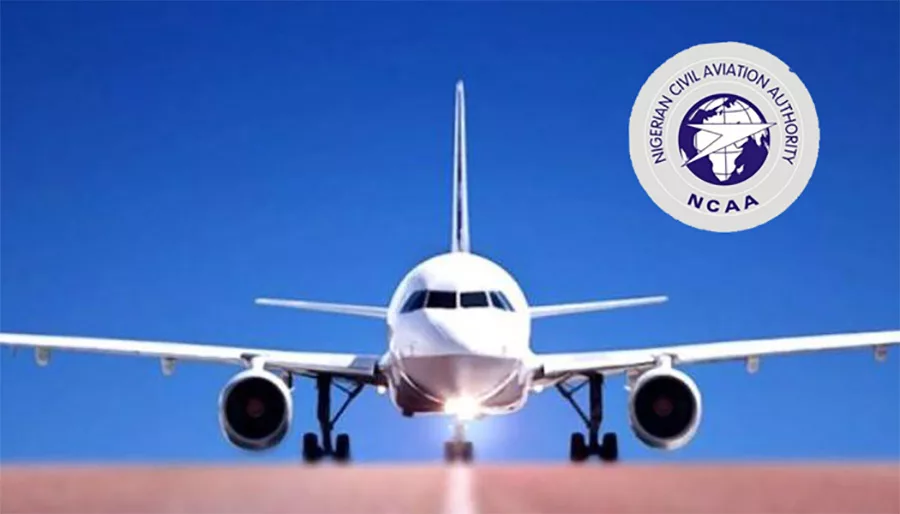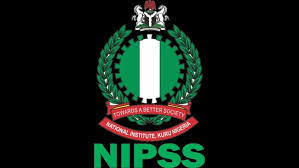
The Nigerian Senate has expressed serious concern over the growing safety breaches in the country’s aviation sector, following a recent incident involving an Air Peace aircraft at the Port Harcourt International Airport.
On Sunday, July 13, the aircraft reportedly skidded off the runway shortly after landing, prompting an investigation by the Nigerian Safety Investigation Bureau (NSIB). While no fatalities were recorded, the Bureau’s preliminary report raised grave concerns after toxicology tests revealed that the pilot and co-pilot were under the influence of alcohol and hard drugs during the flight.
According to the NSIB, the toxicological results confirmed the presence of alcohol in the system of one crew member and traces of cannabis (Indian hemp) in another findings that have triggered widespread outrage and questions about regulatory oversight within the aviation industry.
During Tuesday’s plenary session, lawmakers expressed shock over the revelations, describing the incident as a wake-up call for the government to urgently address weaknesses in air safety management.
In a motion sponsored by Buhari Abdulfatai, Chairman of the Senate Committee on Aviation, the upper chamber called for a comprehensive investigation into the matter, citing serious deficiencies in airport infrastructure, pilot decision-making, and regulatory enforcement.
The motion read in part:
“While no lives were lost, the incident exposed critical gaps in safety standards, infrastructure management, and operational compliance within Nigeria’s aviation sector. If not urgently addressed, these lapses could erode public confidence and endanger lives.”
The Senate further noted that the NSIB report pointed to poor runway conditions, defective airfield lighting, and weak oversight mechanisms, all of which demand immediate corrective measures.
Lawmakers subsequently urged the Federal Ministry of Aviation and Aerospace Development, in collaboration with the Federal Airports Authority of Nigeria (FAAN), to implement all safety recommendations outlined in the NSIB report without delay.
The Senate also directed the Nigerian Civil Aviation Authority (NCAA) to intensify regulatory monitoring, enforce international safety standards, and conduct frequent compliance audits of airport facilities nationwide.
Additionally, FAAN was ordered to rehabilitate damaged runways, upgrade navigational aids, and improve lighting systems, beginning with the Port Harcourt International Airport.
The motion also mandated the Senate Committee on Aviation to engage with relevant stakeholders including the NSIB, NCAA, FAAN, and airline operators and report back within six weeks on progress made toward full implementation of the recommendations.
The incident has reignited public debate over aviation safety and regulatory effectiveness in Nigeria, following several recent near misses and emergency landings.
Meanwhile, the Senate commended the NSIB for the prompt release of its investigation report, describing it as a vital step toward transparency, accountability, and a culture of safety within the aviation industry.



